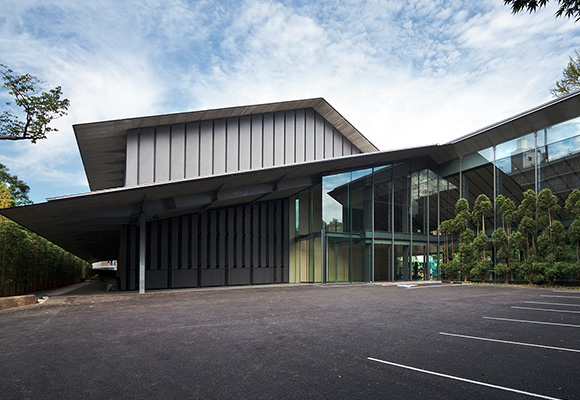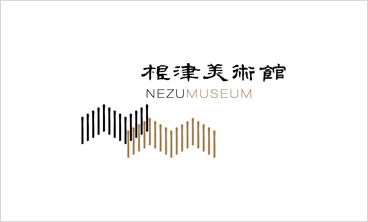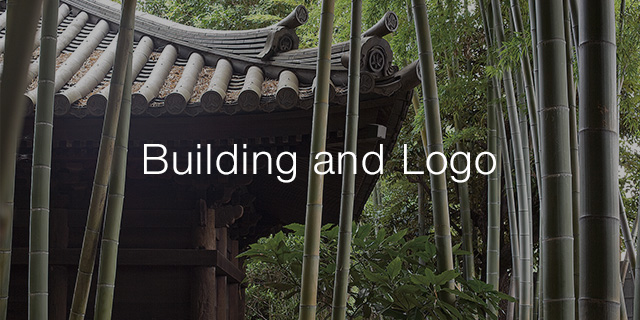The renowned Japanese architect Kuma Kengo designed and supervised the re-building of the Nezu Museum, which was completed in 2009. Kuma tried to create a sense of harmony between the building, its collection of artistic masterpieces, and the garden, a delicate, and characteristically Japanese, serenity. Reaching the museum from Omotesandō, a bustling street lined with fashionable shops, visitors are welcomed by a graceful approach surrounded by bamboo trees. The expanse of the massive roof and the quiet vertical line of the walls signal that one is entering a special place. Extensive use of glass in the entrance hall brings the magnificent garden and the Buddhist statues inside the museum into the same picture frame.
The six galleries utilize the latest display and lighting technologies. Their use expresses the museum's commitment to provide the best possible conditions both for optimal viewing and for the conservation of classical Asian works of art made of fragile materials.

Nezu Museum is committed to sharing the traditions and culture of the past through superb exhibitions while conserving its heritage for future generations. Our new logo, which we began using in 2009, was designed by the German artist Peter Schmidt to promote and remind us of that dual mission.
With the 'N' and 'M' of "Nezu Museum" as the basis of the logo's graphic design, its shape calls to mind the folding screens in our collection, such as Ogata Kōrin's "Irises" screens. It also reminds one of stands of bamboo, echoing the greenery around the building. The Chinese characters used in the name 根津美術館 (Nezu Museum) in the logo are also highly distinctive in style. They were chosen from the elegant ancient Chinese steles in our collection.




